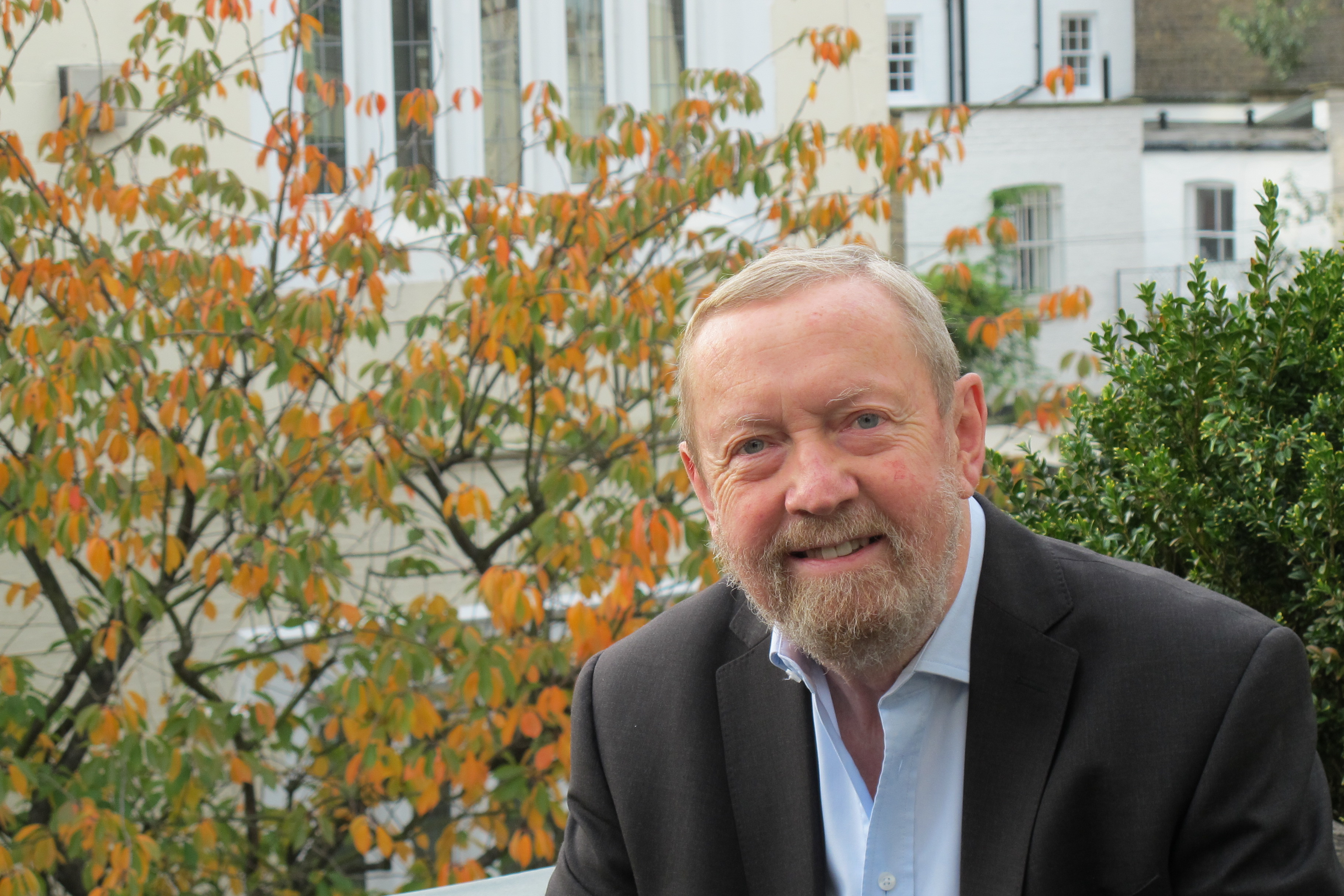
Dear John,
Thank you for your letter of the 9 January, detailing the findings and recommendations from the first meeting of the Independent Advisory Board on Sustainable Biomass.
I want to begin by reiterating how important the work of the IAB is to Drax’s purpose and ambition. As you know, we recently announced our intention to become the world’s first carbon negative company by 2030 by scaling up our pioneering biomass with CCS (BECCS) pilot project. This ambition will only be realised if the biomass we use makes a positive contribution to our climate, the environment and the communities in which we operate. To that end, both you and the IAB will play a vital role by guiding us on our sourcing choices and challenging us to be as sustainable and transparent as we can be.
I enjoyed meeting with the IAB and hearing your conclusions from the first meeting. I am also pleased to hear from my team that the longer discussions were useful and constructive. Please pass on my thanks to all the members of the IAB for their time and consideration.
In particular, I am grateful for their consideration of our new sustainable biomass sourcing policy and the insight and recommendations that were given. I am pleased to hear that you agree our policy is an accurate representation of the criteria laid down in the Forest Research report.
I agree that a key topic for us to explore is how science can be further developed with regards the use of small, early thinnings and small roundwood. I also agree that understanding the counter factuals in the usage of wood that has come to us is important. This is an area we have, and continue to, explore, and I would refer the IAB to a report we have published subsequent to the meeting, “Catchment Area Analysis of Forest Management and Market Trends (2019)”– which contains an independent analysis of the impact of our sourcing at our Amite pellet mill in Mississippi. The team look forward to discussing this with you at a future meeting and receiving your input to shape the next phases of this work.
I also agree the need to continuously improve our sustainability policy and seek to update it as new findings come to light, as well as ensure that the current policy is embedded into our operations. For that reason, our policy will be kept under regular review to accommodate changes in science and new evidence as it emerges. We have also committed to advancing scientific research in the areas applicable to our operations through partnerships with academic institutions and direct support for academic research.
With regards your suggestion of a restatement of the academic evidence on biomass sustainability, we shall give this interesting approach due consideration. I do believe that better alignment through a shared understanding of the evidence among the academic community, environmental groups, policy makers and industry would be a welcome development and would be grateful to the IAB for its further consideration of how this might be achieved.
I will also raise your considerations regarding the Sustainable Biomass Program (SPB) in my position a member of the SPB Board. You are correct that our new policy goes beyond SBP, and so an important work programme for us is how we demonstrate we are meeting the new policy.
Lastly, I welcome the addition of two interim telephone calls which will help to keep momentum between the half yearly meetings and will support us as we develop our policy, research and implementation projects further. Thank you for this commitment.
As the work of the IAB progresses, I look forward to hearing how you believe Drax can best build the evidence required to demonstrate that we are sourcing according to the best available science. As the world’s largest biomass consumer it is important that we lead by example. This means not only having a world leading biomass sustainability policy in place, but also the data and evidence available to give all our stakeholders the confidence that we are fulfilling our purpose of enabling a zero carbon, lower cost energy future.
Thank you once again for your participation and expertise.
Yours,

Will Gardiner
Group CEO
View/download the PDF version here.







